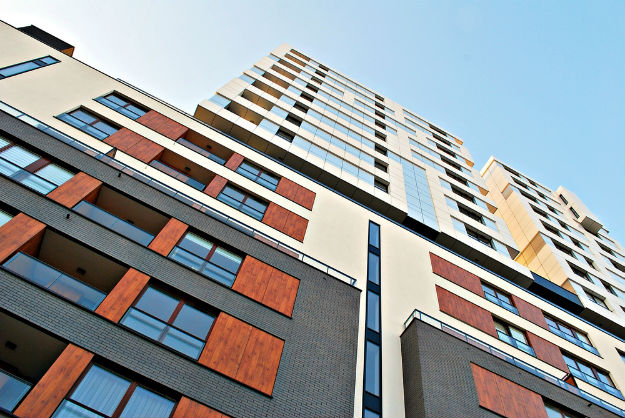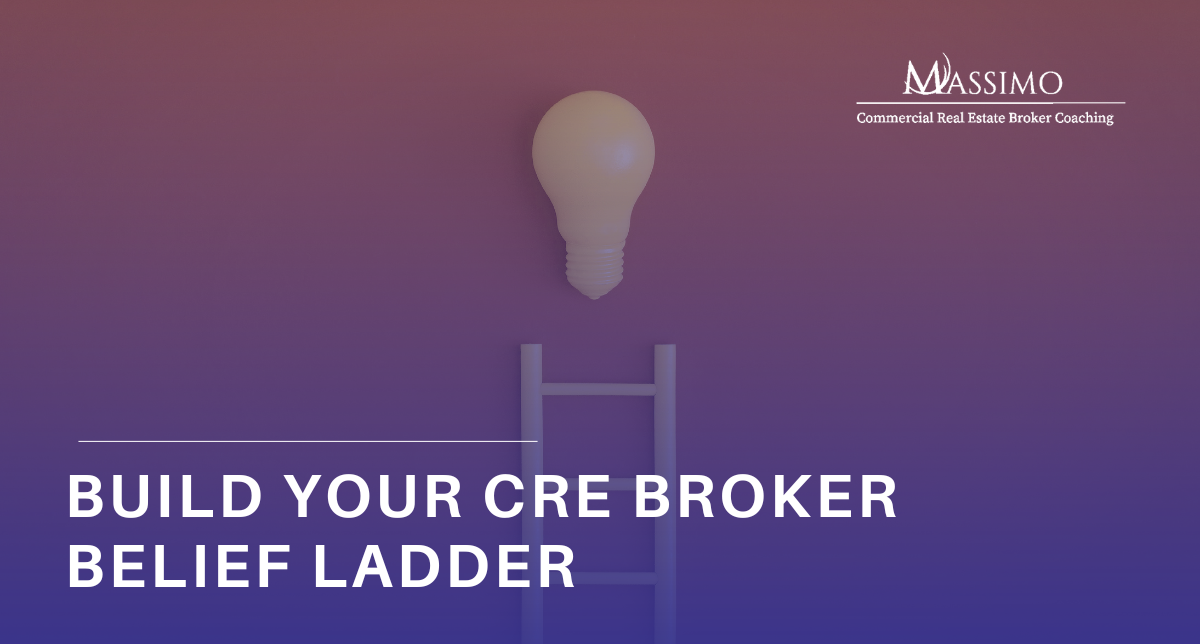If you want a diversified portfolio, consider real estate for investment, particularly commercial properties. These assets tend to offer better cash flow and take up less time. They are also more predictable and stable than residential real estate investments. If you’re wondering how to invest in a commercial real estate, check out this brief overview.
Real Estate For Investment | Commercial Real Estate Investing for Beginners
In This Article:
Types of Commercial Properties
Usually, when people think about real estate for investment, they immediately picture single-family homes available for long- or short-term lease. If you want to grow your money faster, though, you should be a real estate investor in commercial properties.
Commercial real estate investments can fall into a few different categories. The main options include retail, office, and apartment buildings. You can also place your money in warehouses or industrial buildings as well as mixed-use properties that combine retail stores, office spaces, and apartments.
There can be nuanced differences between each of these types of real estate. To minimize your risk, you can also diversify. It means your real estate for investment may include apartments and mixed-use developments.
You can also consider a commercial property that holds more than one tenant. For instance, if you invest in a warehouse or a manufacturing plant, you typically only have a single tenant. If that business leaves or stops paying the rent, you have to deal with the loss of all your rental income. You also need to spend more time looking for another lessee.
In contrast, if you buy a multi-unit office park and a tenant leaves, your building is still mostly full. Your cash flow does not suffer that much.
Risks versus Returns

There can be differences in returns depending on the commercial property you buy. Regardless, commercial real estate tends to offer a greater return than residential.
On average, buyers enjoy a 1% to 4% return on residential properties. The return on commercial investments can be between 6% and 12%. If you imagine a $1 million initial investment, the difference is striking.
With residential real estate investing, your return is likely to be between $10,000 and $40,000. With a commercial property, it can fall between $60,000 and $120,000.
In addition to bringing a higher-than-average return to the table, commercial real estate for investment tends to be less risky. As indicated above, if you have multiple tenants, you reduce the chances of dealing with vacancies. Also, as the success of most commercial real estate is tied directly to its location and the commerce in that area, it can be easier to forecast your future success.
Conducting Due Diligence
Like all other financial decisions you make, considering real estate for investment requires due diligence.
When you’re thinking about whether to invest in a certain property, look at its current rental situation. Are there tenants? How long have they been there? Are they likely to renew their leases? Can they afford higher rent? If these tenants default on their leases, then are the others open to renting the space?
As a general rule, you should receive significantly more rental income per square foot on a commercial property than you do on a residential. To explain, imagine a small but busy restaurant in the middle of the city. Its monthly rent is likely to be higher than the same-size property as a single-family rental. Because of that, you cannot compare the square-foot cost of a commercial property with a residential real estate.
Instead, look at the cost of similar commercial properties for investment in the area. For greater accuracy, focus on those within 10% of the size of your property.
For instance, if you are thinking about buying a commercial real estate that is 10,000 square feet, search for previous sales prices of properties between 9,000 and 11,000 square feet in your area.
Pros and Cons of Commercial Real Estate
If you are still unsure whether commercial real estate investing is right for you, review the pros and cons.
Challenges of Investing in Commercial Real Estate
Some of the disadvantages to commercial investments include the following:
- High Initial Investment — This can make commercial real estate investments prohibitive for some people. If you can afford the upfront investment, though, this also means the playing field is less competitive.
- Professional Help Required — Buying a residential property as an investment is largely similar to buying your own home. When you opt to invest in a commercial real estate, you tend to need professional help as the process is a bit more complicated.
- Challenges in Finding Tenants — Although your vacancy risk is lower with a multi-unit commercial property, it may take longer to find the right tenants to fill your space.
- Costly Upgrades — Business clients, in particular, tend to want beautiful, modern spaces, and upgrading a commercial property can get expensive.
Why Commercial Real Estate Is Good
Just as there are downsides to a commercial real estate for investment, there are also a lot of upsides:
- Professional Relationships — With most commercial investments, you are dealing with other businesses. That professionalism can be a welcome relief compared to handling residential clients.
- Potentially Cleaner — Business clients may be more conscious about keeping their space and common areas tidy and well-maintained. After all, they have a vested interest in impressing their customers.
- Limited Hours — Most commercial properties are only open limited hours, so you do not have to worry about getting calls in the middle of the night about backed-up toilets or similar residential concerns.
- Triple Net Leases — Often, commercial leases are set up so the tenant pays the property taxes, maintenance costs, and property insurance as well as rent and utility costs. That keeps your operating costs low.
- Longer Leases — In addition to covering more costs, commercial leases tend to be longer than most residential leases. That keeps cash flow steady.
- Enhanced Cash Flow — Compared to stocks, bonds, and even cash savings accounts, commercial real estate produces higher cash flow. On the other hand, most residential properties do not produce any unless you own the property outright.
- Intrinsic Value — With a property, you have a material asset. The land and the building are almost always worth something, which is not the case with stocks or bonds.
- Potential Tax Benefits — With commercial real estate, you can deduct many operating expenses from taxable income.
Investment Formulas to Know
If you decide to invest in a commercial real estate, you need to know how to calculate net operating income. That is your net revenue minus costs such as insurance, property management fees, utilities, repairs, and cleaning costs. It does not take into account your property taxes.
You should also learn how to calculate your capitalization rate. That is the rate of return on the property based on the income the property can generate. In other words, it is the ratio between the net operating income and the property’s asset value. You may also want to calculate your cash-on-cash value, which is the return of your actual cash invested.
Investment Options

When it comes to real estate for investment, keep in mind you do not necessarily have to buy a commercial property. If that is beyond your budget or comfort levels, you can explore passive commercial real estate investment options. These include real estate limited partnership (RELP).
In this setup, a real estate investment group serves as the general partner. Then, you can take on a share of ownership as a limited partner. RELPs tend to require lower initial investments, less knowledge, and less time than a traditional commercial real estate investment. Additionally, your risk is limited to your initial investment. Unless you decide to invest more, you never have to worry about going past that level.
Commercial real estate for investment is usually less risky than residential. The tenants sign longer leases that often pay more and cover more expenses than residential leases. You split the vacancy risk over a higher number of tenants, and you generally get to work with professional businesses rather than residential renters. Most importantly, you can take a hands-on role or opt for a passive investment strategy. The flexibility is alluring to many investors. To learn more about commercial real estate investments, contact us today.
Do you know the difference between cold calling and campaign-based, targeted prospecting? The difference is huge. In this 3-part Mini-Course Rod will take you through the exact pieces needed to create a prospecting campaign that will: target your ideal prospects, warm them up before the call, and give you the best chance to win their business! You can watch the mini-course here.
Up Next: 5 Things To Do Today To Have A Better Commercial Real Estate Business Tomorrow





